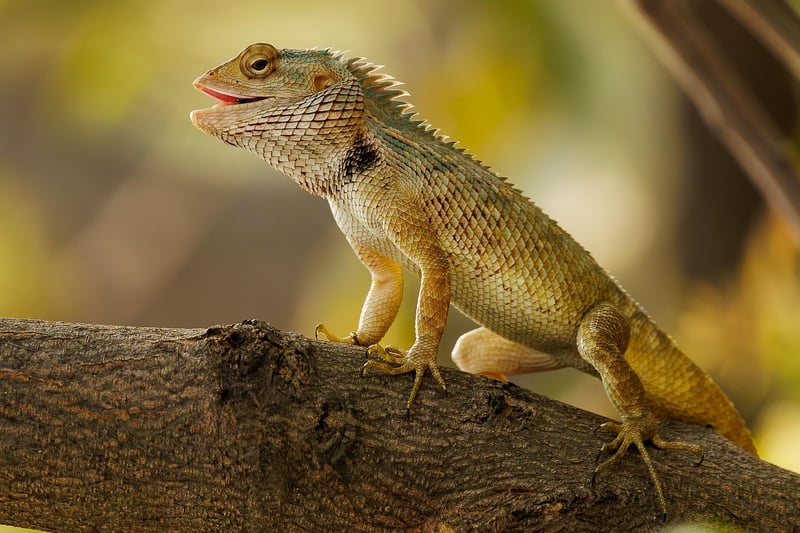Pest Control
Keeping Your Garden Healthy: A Guide to Pest Control
Welcome to our guide on maintaining a healthy garden through effective pest control methods. A lush and thriving garden requires careful attention to ensure that pests do not damage your plants. By following these tips and techniques, you can protect your garden and promote its growth.
Identifying Common Garden Pests
Before implementing pest control measures, it is essential to identify the common pests that may affect your garden. Some of the most common garden pests include aphids, slugs, snails, caterpillars, and beetles. By recognizing these pests, you can tailor your pest control strategies accordingly.
Natural Pest Control Methods
1. Beneficial Insects: Introduce beneficial insects like ladybugs, lacewings, and praying mantises to prey on harmful pests.
2. Neem Oil: Use neem oil, a natural insecticide, to control pests like aphids and mites.
3. Diatomaceous Earth: Sprinkle food-grade diatomaceous earth around plants to deter crawling insects.
Preventive Measures
1. Clean Garden: Remove debris and weeds regularly to eliminate hiding spots for pests.
2. Healthy Soil: Maintain nutrient-rich soil to promote strong plant growth and resilience against pests.
3. Companion Planting: Plant pest-repelling herbs like basil and marigold alongside susceptible plants.
Chemical Pest Control
If natural methods are ineffective, consider using chemical pesticides as a last resort. Always follow instructions carefully and opt for products labeled safe for garden use.
Conclusion
By combining natural pest control methods, preventive measures, and judicious use of chemicals, you can keep your garden healthy and pest-free. Remember to regularly inspect your plants for signs of pest damage and take prompt action to protect your garden's beauty and productivity.

For more information on pest control and gardening tips, visit www.gardeningwebsite.com/pest-control.
